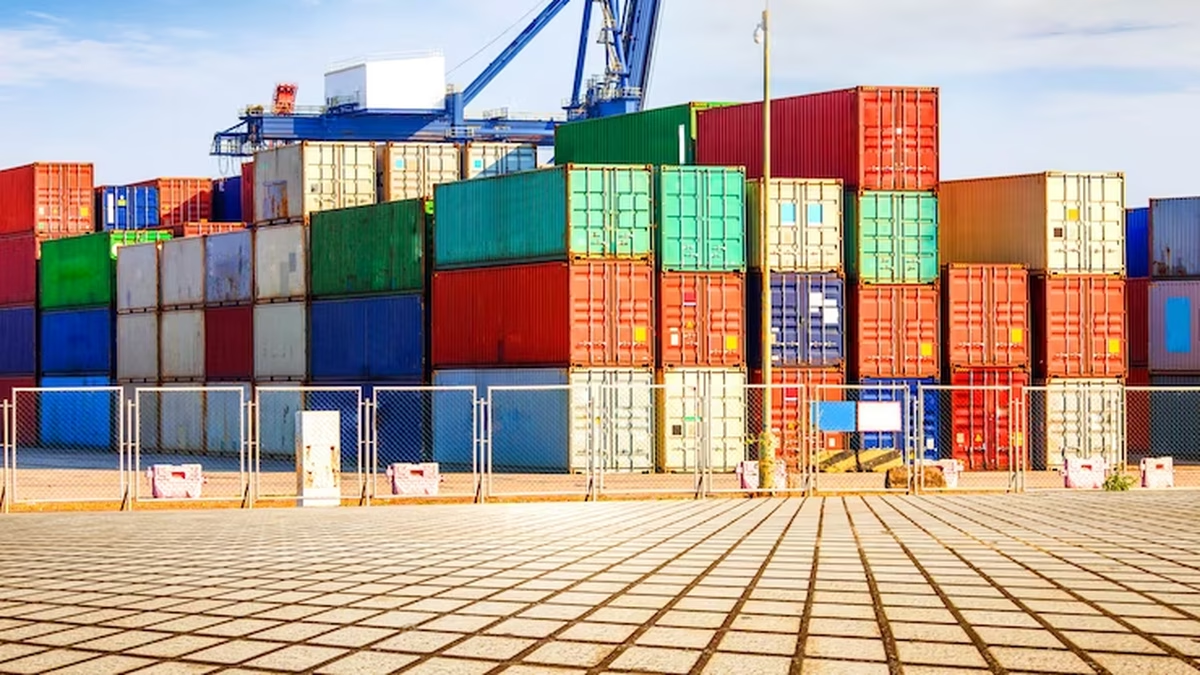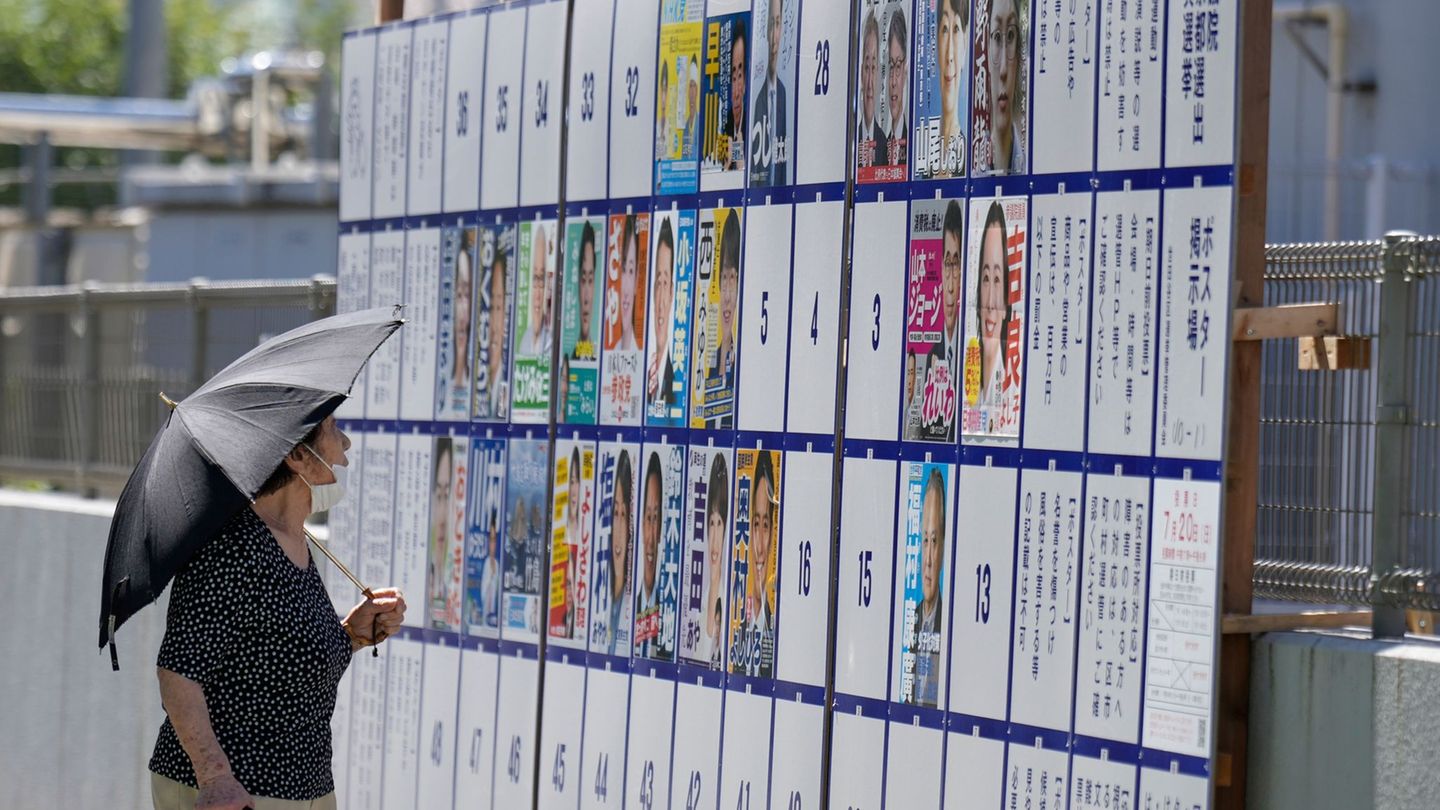Barriers, obstacles, weaknesses…the ways of qualifying the situation vary depending on the interlocutor consulted, but they all agree on the same thing: 2023 was a negative year for the exporters Uruguayans who place their assets in Argentina.
The impact came from the series of measures taken by the then government of Alberto Fernandezwith Sergio Massa as Minister of Economy, and who increasingly reduced the margins for imports in general, with a clear blow to Uruguayan imports in particular.
So, Argentina consolidated itself as the fifth destination for Uruguayan exports last year, with a participation of only 5% of the total (565 million dollars), according to the annual report of the government agency Uruguay XXI. On paper that means a collapse of 47% compared to 2022.
Of course, part of this decline must be understood in the general context of the drop in exports due to the historic drought that the Uruguay faced almost the entire first half of last year, but the protectionist measures imposed by the Argentine government worsened the situation.
It is enough just to stop to analyze the number of import permits for Uruguayan goods that are waiting in Argentina. While last June the Executive of Luis Lacalle Pou estimated them at around 500, by the end of the year they exceeded 1,200 according to data from the Chamber of Industries of Uruguay (CIU). That number, he clarifies, is in fact higher since not all companies report these delays.
Only until last August, Argentina stopped imports from Uruguay for 22.5 million dollars. It is estimated that, annualized, that number rose to 10% of total exports to the neighboring country.
Javier Milei’s plan does not convince either the market or the Uruguayans
The Libertarian Government Javier Milei took, among its first measures, the end of the SIRAs (Import System of the Argentine Republic) and announced a liberalized import scheme, with barely any control for statistical purposes of income.
The measure, received with some enthusiasm by the Union of Uruguayan Exporters (UEU)was taken with greater caution by the Chamber of Industries, which considered it speculative because it was based on dollars that the Central Bank of the Argentine Republic (BCRA) not yet available. He also warned that he did not resolve the existing debt.
Precisely to settle this debt of Argentine importers, the Milei government devised a bond, the BOPREAL (Bond for the Reconstruction of a Free Argentina), which is subscribed in Argentine pesos and matures until 2027 (in series 1).
The BOPREAL constitutes a payment commitment in dollars for importers with liabilities with their suppliers and, thus, would clear the stock of 62,000 million of commercial debt.
However, the market found little appeal in the initiative. Last week, the BCRA offered 750 million dollars and only 7.6% was demanded. In the first tender, it had only placed 9% of what was offered (US$68 million).
Source: Ambito




